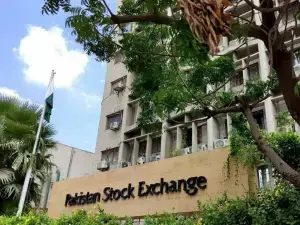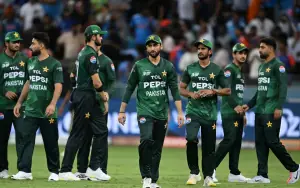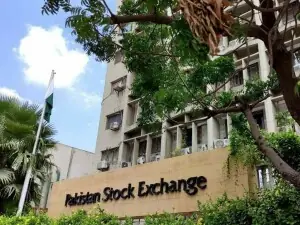India has chalked up excellent growth but should take care to stop booming credit and asset markets from causing the economy to boil over, the International Monetary Fund said on Thursday.
"Vigilance is needed to guard against any potential risks of overheating," the IMF's executive board said in a regular review of India's economic outlook. Price/earnings "ratios are now high relative to other countries and India's recent past. Meanwhile, real estate prices continue to grow at a rapid clip on the back of a credit boom," the IMF said in a statement.
India's main index stock market index rose 47 percent in 2006, while housing prices in major cities have nearly doubled in the last two years. But on the whole, the IMF said the economic news reflected a very solid achievement, as India notched its fourth consecutive year of growth above 8 percent.
"India's economic performance has exceeded all expectations," Wanda Tseng, deputy director in the IMF's Asia and Pacific department, told reporters in a conference call. "Growth is rapid and broad-based, driven by private consumption and investment spending, and India continues to increase its integration with the global economy," she said.
Predicting that real GDP growth of almost 9 percent in fiscal 2006/07 would slow slightly to 8.5 percent in 2007/08, the IMF backed the Indian central bank's policy of gradually tightening monetary policy to limit the risks of inflation.
The IMF said there be no problem in maintaining this pace of activity, so long as changes to the underlying economy lift India's long-term potential growth rate as expected. "This certainly is sustainable, provided the government implements its reform plan, which they are doing," she said. The IMF also said that India's long-term plan to allow its rupee currency to float more freely was a good idea.
"India's policy of a market-determined exchange rate is appropriately promoting flexibility, preserving monetary policy independence, and giving the private sector incentives to manage currency exposures as the capital account opens further," it said.
While India's public finances were in their best shape for a decade, they still needed attention, the IMF said. "The budget deficit and debt are still high and need to be reduced," Tseng said. Noting that India now needed to sustain this pace of growth to reduce poverty and raise living standards, Tseng said this needed to be achieved while freeing up money for social and infrastructure spending.
BR100
16,307
Increased By
236.2 (1.47%)
BR30
51,537
Increased By
1163.4 (2.31%)
KSE100
157,953
Increased By
1775.7 (1.14%)
KSE30
48,199
Increased By
520.5 (1.09%)






















Comments
Comments are closed.